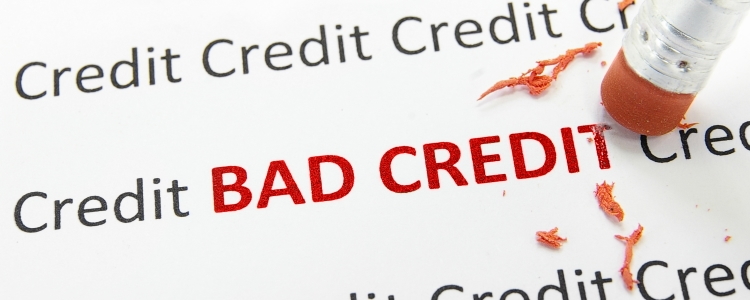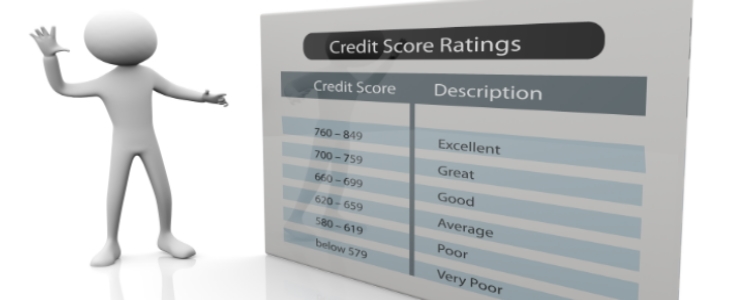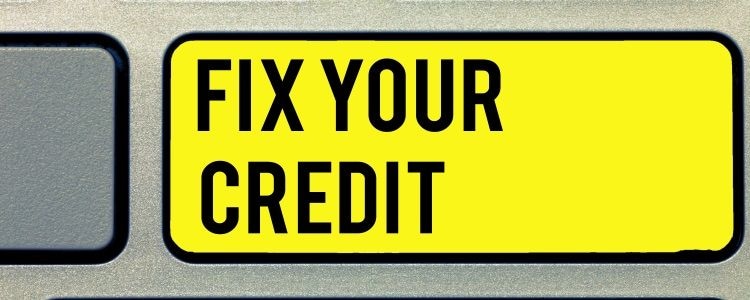It can be difficult to get approved for an auto loan when you are dealing with damaged credit and/or credit issues. But when you have good credit, it makes getting approved and qualifying for more favorable terms much easier. The credit bureau TransUnion has identified seven good credit habits that help make getting car loans easier.
TransUnion's 7 Good Credit Habits
Practicing these seven good credit habits can help keep your credit on track. Even a marginal credit score increase can result in you qualifying for a better interest rate, and therefore save you money on your car loan. So, while it is important for your financial health to always be exercising these habits, practicing them in the year or months leading up to a car loan can make a worthwhile difference.
1. Get Your Credit Reports
Lenders will pull your credit reports before they approve you for a loan, so it only makes sense that you have a look at them too. In fact, every consumer is entitled to a complimentary copy of their credit report from each of the three major credit bureaus - Experian, Equifax and TransUnion.
A great way to make use of these free reports is to request one copy from a different bureau every four months (ex. Get Equifax's in January, Experian's in May, and TransUnion's in September). This way, you can monitor them year-round and get a feel for how they change over time
2. Find and Fix Inaccuracies and Errors
It's important to go over your reports with a fine-toothed comb. Your creditors - the company's with whom you have credit accounts - report information about your activity to the credit bureaus. Sometimes, that information is reported incorrectly. Other times, it's information that doesn't even belong to you.
But consumers have the right to dispute any errors or inaccuracies on their credit reports. If you find one, you can write both the creditor of the account in question and the credit bureau(s) with that information (do this as soon as possible, and include proof if you have it) and they will investigate and respond on your behalf. This can help you improve your credit standing and make a loan application look better.
3. Make All of Your Payments on Time
The number one determining factor of most credit scoring models is your payment history. If improving your credit is your goal, then you need to make sure that you are making all of your payments on time, every time.
Late payments generally start being reported to the credit bureaus after the account is 30 days delinquent. And if a late payment shows up on your credit report, it can remain there for seven years (although it will only have a negative effect on your credit score for two years or so). Do what you can to avoid having any show up on your file.
4. Get Current on All Accounts
If you are past-due on any credit account(s), it will be in your best interest to get current as soon as possible. This is because the later a payment is, the more it negatively affects your credit score, and those that are turned over to collections (other than medical bills) hurt your score worst of all. Accounts that have gone longer without being paid are also harder to get removed from a credit report. The best remedy for a late payment is to get current and let time heal the wounds.
5. Don't Have Too Much Credit
There's a saying that goes: "it takes credit to build credit." But too much credit is often a bad idea. If you open too many accounts in a short period of time - especially just before you apply for a car loan - it can cause lenders to flag you as a higher risk. It can also lower your credit score as a result of multiple hard inquiries. If you are seen as a higher risk, you will decrease your chances of getting approved.
6. Don't Close Credit Accounts
You may be tempted to close a credit card after you have paid it off, but this usually does nothing in terms of improving your credit. In fact, this often leads to a lowering of your credit score.
First off, this can raise your credit utilization ratio (the amount of credit you have in use compared to the credit limit). If it was an account you had for a long time, it can also shorten the age of your credit history. And finally, if you had a good payment history on the card, then none of that positive information will be reflected in the credit bureaus anymore. All three of these factors can lower your credit score, so you are better off keeping your accounts open.
7. Refinance or Consolidate Your Debt
Shuffling your debt around, while it won't eliminate it, can make sense under certain circumstances. These situations include: if you are having trouble keeping up with all of your payments, or if you find you are able to save money through better interest rates or terms.
A refinanced auto loan or mortgage or the consolidation of credit card debt may not directly boost your credit score, but it can help you free up some funds to make it easier for you to manage your credit and finances.
When You Are Ready to Apply
If you have less than perfect credit and are seeking auto financing, look no further than Drivers Lane. We've teamed up with trustworthy auto dealers who are trained in special finance, so whatever your situation looks like, we can help. And you may even be able to get approved with little or no money down.
Don't let your bad credit hold you back any longer. Simply fill out our fast and secure online application, and you will be on your way to getting the vehicle you need.



















